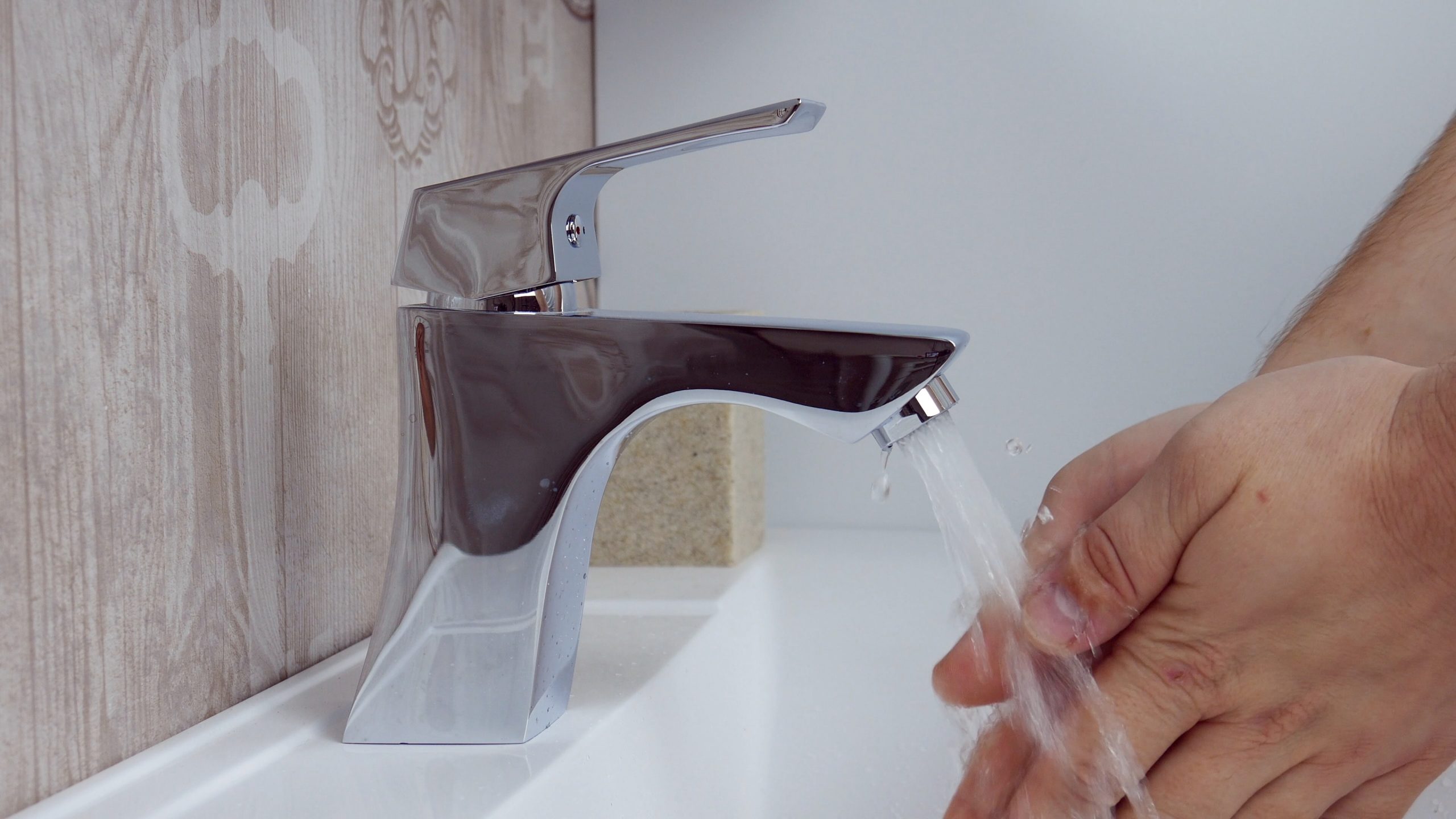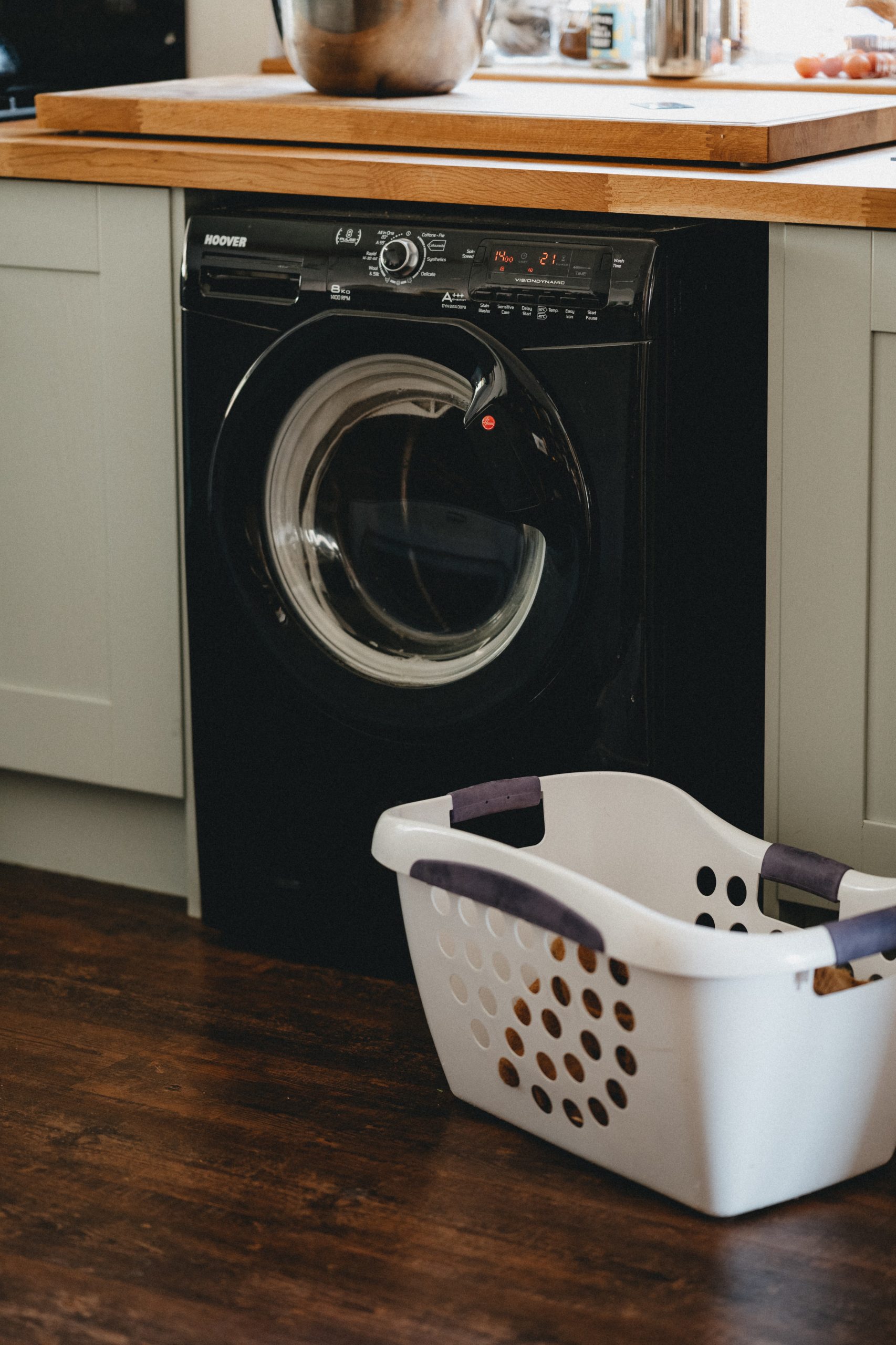Energy Saving Tips
There are a number of small changes you can make around your home to make it more energy efficient. Not only will these measures reduce your energy usage and save you money on your energy bills they will also help to reduce carbon emissions in your community.
Lighting

During daylight hours let natural light into your home and make the most of this free resource. Only use lights when necessary and turn lights off when you do not need them.
When replacing lightbulbs consider switching to energy efficient alternatives such as compact fluorescent light bulbs (CFLs) or light-emitting diode (LEDs) and select the lowest wattage bulb required to provide your room with sufficient lighting.
Heating

Try turning your thermostat down by one degree, your home will still be comfortably heated but has the potential to reduce your heating bill by 10%. Do not waste heat, heating rooms which are not used often or at all, turn the radiators down in these rooms or off completely to save energy for areas of the home that need it most.
If you have heating controls, make use of these by scheduling your heating to fit around your daily routine. This will ensure that the heating is only used when it is needed and can save you money on your heating bills.
Water
Try where possible to take shorter, cooler showers to save energy on water heating.
If you have immersion heating set the water heating temperature to 65°C to prevent overheating and wasting energy. If you do not already have one, you can install an immersion timer to ensure that you only have hot water when it is needed.
A water tank should be fitted with insulation or a lagging jacket to keep water warmer for longer. A good quality 80mm lagging jacket will save you up to 30% on water heating costs.


Appliances
Any appliance that makes heat is a high energy user this includes, dishwashers, kettles, washing machines and tumble dryers to name a few.
Presented below are some examples of how you can reduce energy use in your home from your high energy use appliances:
- Always try and use your washing machine and dishwasher only when you have a full load and run them at lower temperatures (30°C where possible) to save energy.
- Only fill the kettle to the level required, if you are making one cup of tea fill the kettle for one cup. Filling your kettle to the top and boiling it takes a lot more energy which ends up being wasted if it is not used.
- Tumble dryers are big consumers of energy and their use should be reduced if you want to make energy savings in the home. If weather permits, hang washing outside to dry and make use of those free natural resources. Alternatively, you can allow your clothes to air dry on a clothing rack indoors – making sure there is adequate ventilation to prevent mould growth in the home.
- Leaving appliances switched on at the outlet and on standby such as your TV, still consumes energy. Switch these off at the outlet particularly if leaving your home for an extended period of time.
- Finally, consider the energy efficiency of your household appliances when making replacements. Buy the highest A rating appliance possible to maximise energy savings in the home.
